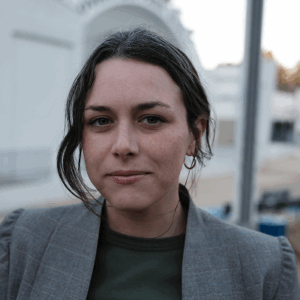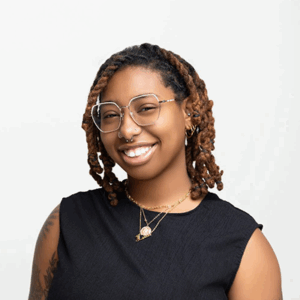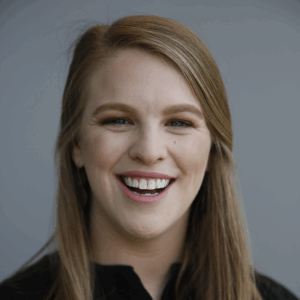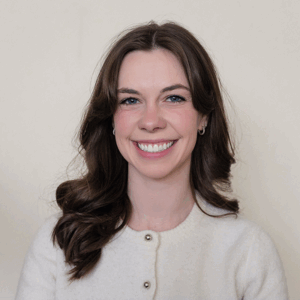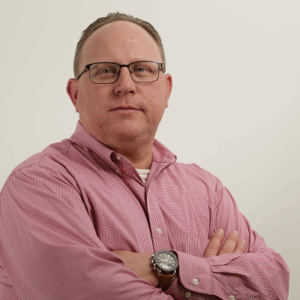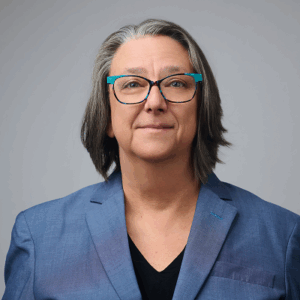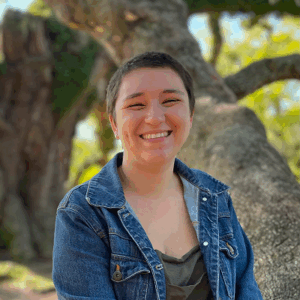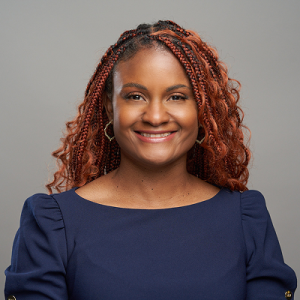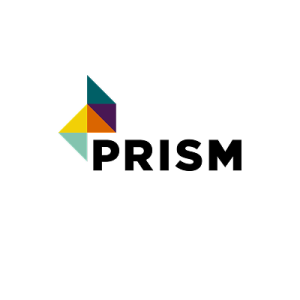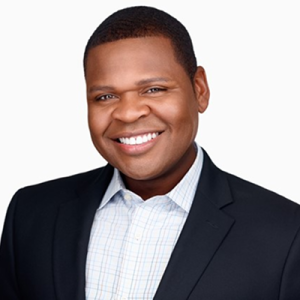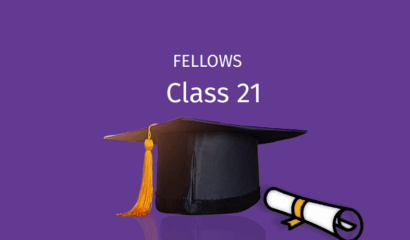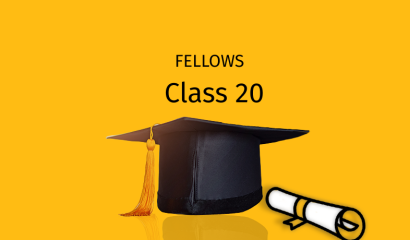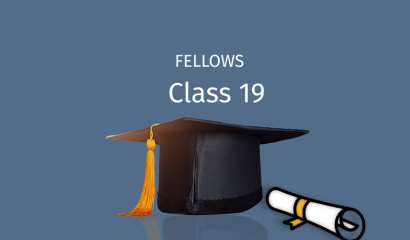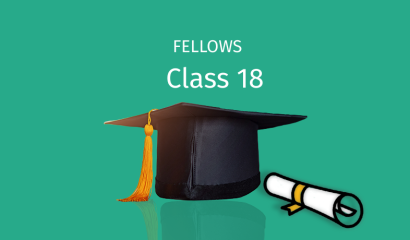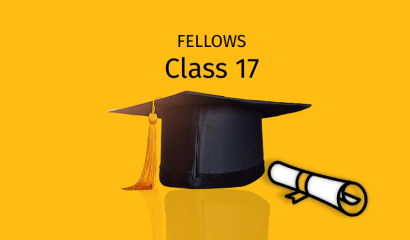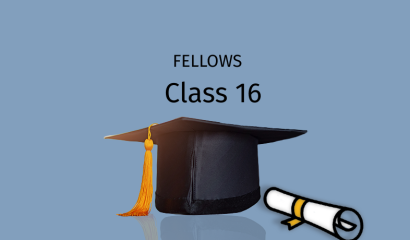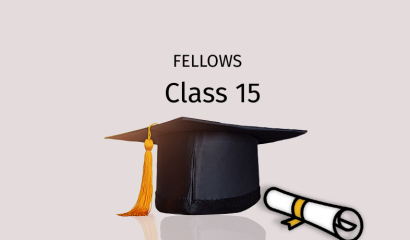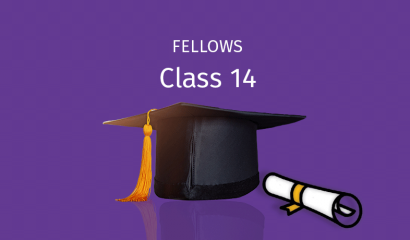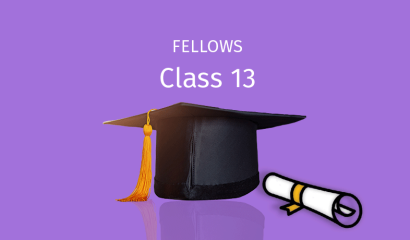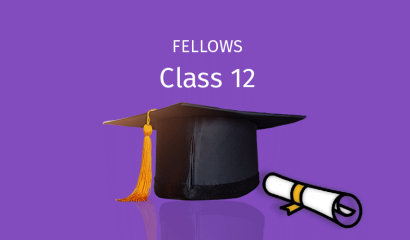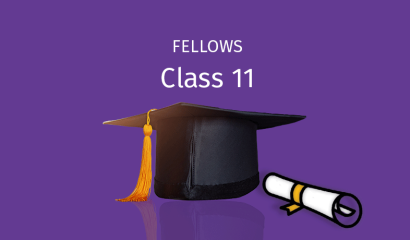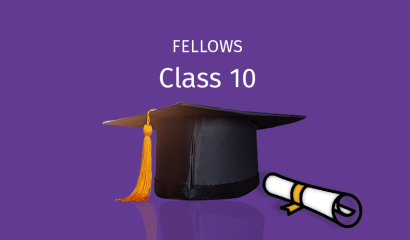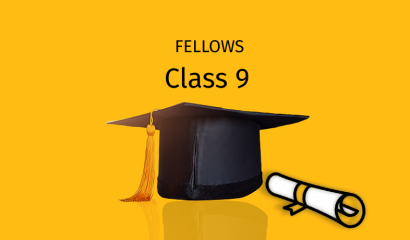Fellowships
Got an idea for an ambitious reporting or writing project?
EWA provides financial awards to qualified journalists.
About the Fellowships
The Education Writers Association’s fellowships provide financial awards to journalists to undertake ambitious reporting projects.
Through a competitive application process, EWA typically offers journalists opportunities to apply for fellowships twice a year, usually in the fall and spring. Additional rounds may also be offered. To learn more, check out our FAQs below.
Before You Apply
- The fellowship is limited to EWA journalist members. (You can find out more about joining EWA here. Membership is free for journalists!)
- To qualify for the fellowship, you must submit a letter from your editor or newsroom supervisor supporting your participation in the program and providing a commitment to publish/air your work upon completion in front of a paywall, if any.
- Freelancers are eligible but must submit a letter from the appropriate editor at an independent news outlet confirming that their work will be published/aired upon completion in front of a paywall, if any.
- Ineligible applicants include employees of professional organizations, educational institutions, think tanks, alumni periodicals, advocates — or groups focused on research, advocacy or lobbying.
- Officers and members of the EWA Board of Directors are not eligible to apply.
- The micro-fellowship will provide up to $5,000 for smaller stand-alone stories or projects on early childhood education, K-12 or postsecondary education.
- Recipients have significant flexibility when using the funds. Examples of appropriate uses include but are not limited to: relief from regular newsroom responsibilities; travel for reporting; attending workshops to build knowledge and expertise; and contracting with a data journalist, photographer or writing coach.
- EWA expects to award approximately nine micro-fellowships in this round: six for higher education, three for K-12 and three for early childhood education.
- The EWA Reporting Fellowship round is made possible in part by support from Ascendium Education, Lumina Foundation, Oak Foundation, Wallace Foundation and the Saul Zaentz Early Education Initiative at Harvard Graduate School of Education.
- Fellowship projects are typically published within six to-nine months of the grant being awarded. Fellows who anticipate needing additional reporting time will have an opportunity in their application to request an adjusted project deadline.
- Fellows are required to submit final deliverables 30 days post-publication. This includes story metrics captured one month after the work is published, a personal narrative explaining the reach and impact of the project, and a budget detailing line-item expenditure of fellowship funds. This information is necessary to consider the fellowship project complete.
Early Childhood Education Topics (up to $5,000):
- Early learning, such as policy, systems-building, governance, funding and/or the early learning workforce.
K-12 Priority Topics (up to $5,000):
- K-12 special education, including learning disabilities (such as dyslexia and dyscalculia) and related neurological processing challenges. Stories might focus on students with specific diagnoses, as well as challenges for students who face a disconnect between their learning styles and how instruction is typically delivered. Projects might also focus on issues related to equity and access.
- K-12 reporting on arts education, after-school learning, summer learning, and the work and challenges of school principals.
Higher Education Priority Topics (up to $5,000):
- Efforts to remove structural barriers for low-income students in postsecondary settings.
- Efforts to help students navigate key transitions in their postsecondary journey, such as through workforce training, transferring between institutions and entering or re-entering the workforce.
- Efforts to improve and expand postsecondary access and success in rural areas, including through training and connecting students to good jobs.
- Efforts to support higher education programs for incarcerated students.
- Efforts to expand postsecondary pathways to meaningful employment.
- Efforts to reform higher education, such as improving the credit mobility process. Opportunities and challenges for men of color in college.
- Efforts to remove structural barriers for low-income and first-generation students in postsecondary settings.
- Reporting on issues of access and equity in higher education for historically underserved students.
Full Fellowships
As enrollment grows, one group shrinks: The urgent fight to keep Black Men in college (Larry Miller, WUSA9 CBS)
Multi-Part Series on Special Education Teacher Shortage in North Carolina (Chantal Brown, EdNC)
Unwelcome to America: Hundreds of U.S. High Schools Wrongfully Denied Entry to Older, Immigrant Student (Jo Napolitano, The 74 Million)
Black Teachers are Leaving. How Can Maryland Get them to Stay? (Kristen Griffith, The Baltimore Banner)
Want a Degree Without Classes or Lectures? California Community Colleges Try New Approach (Adam Echelman, CalMatters)
Micro-Fellowships
Pushing past home economics stereotypes, these FCS teachers prepare students for a modern workforce (Victoria Pasquantonio, PBS NewsHour)
Latino College Enrollment Stagnated During the Pandemic: What’s Happening Now? (Jose Davila IV, KUNR)
- EWA will consider a number of factors, such as whether the applicant is approaching the topic from a fresh journalistic angle or using innovative tools to help tell the story. Examples include multimedia components or data analysis, and whether the proposed project will bring heightened attention to a critical issue in a compelling and insightful way. EWA seeks to support and elevate solutions-oriented journalism. We hope the project will be the first of many stories that reporters will pursue long after the fellowship is over.
- Finalists for an EWA Reporting Fellowship may be asked for further information before a decision is made on their applications.
- We strongly encourage you to first preview the application questions and then prepare your responses and materials for submission to our online system. The link to the application is at the bottom of the preview page.
- Please note: Once you start your application, you cannot save your progress and continue later. After you submit your application, you cannot change your answers.
- Once you start your application, you cannot save your progress and continue later. After you submit your application, you cannot change your answers.
- You can apply here.
- The deadline to apply is 8 p.m. Eastern on Monday, March 16, 2026.
- Email EWA at fellowships@ewa.org
Before You Apply
Membership & Application
The fellowship is limited to journalist members of EWA. Membership is FREE.
Fellow Profiles
Funders
EWA Reporting Fellowship class 22 is made possible in part by support from Ascendium Education, Lumina Foundation, Oak Foundation, Wallace Foundation and the Saul Zaentz Early Education Initiative at Harvard Graduate School of Education.

